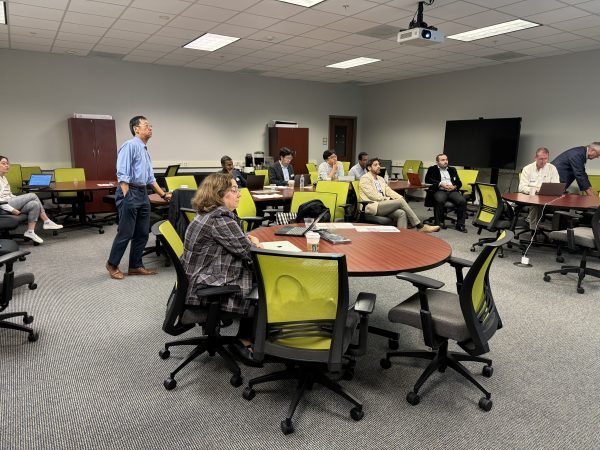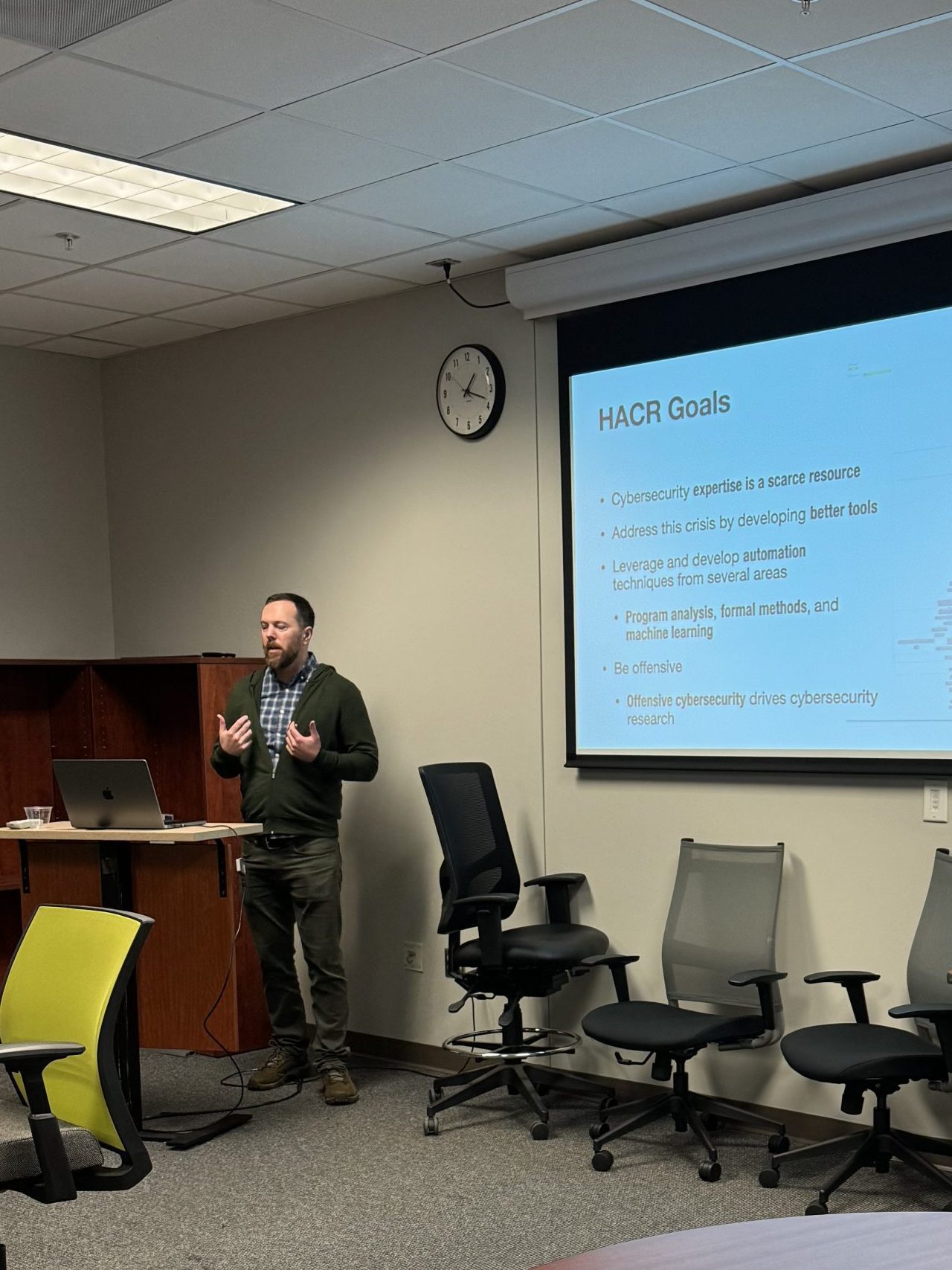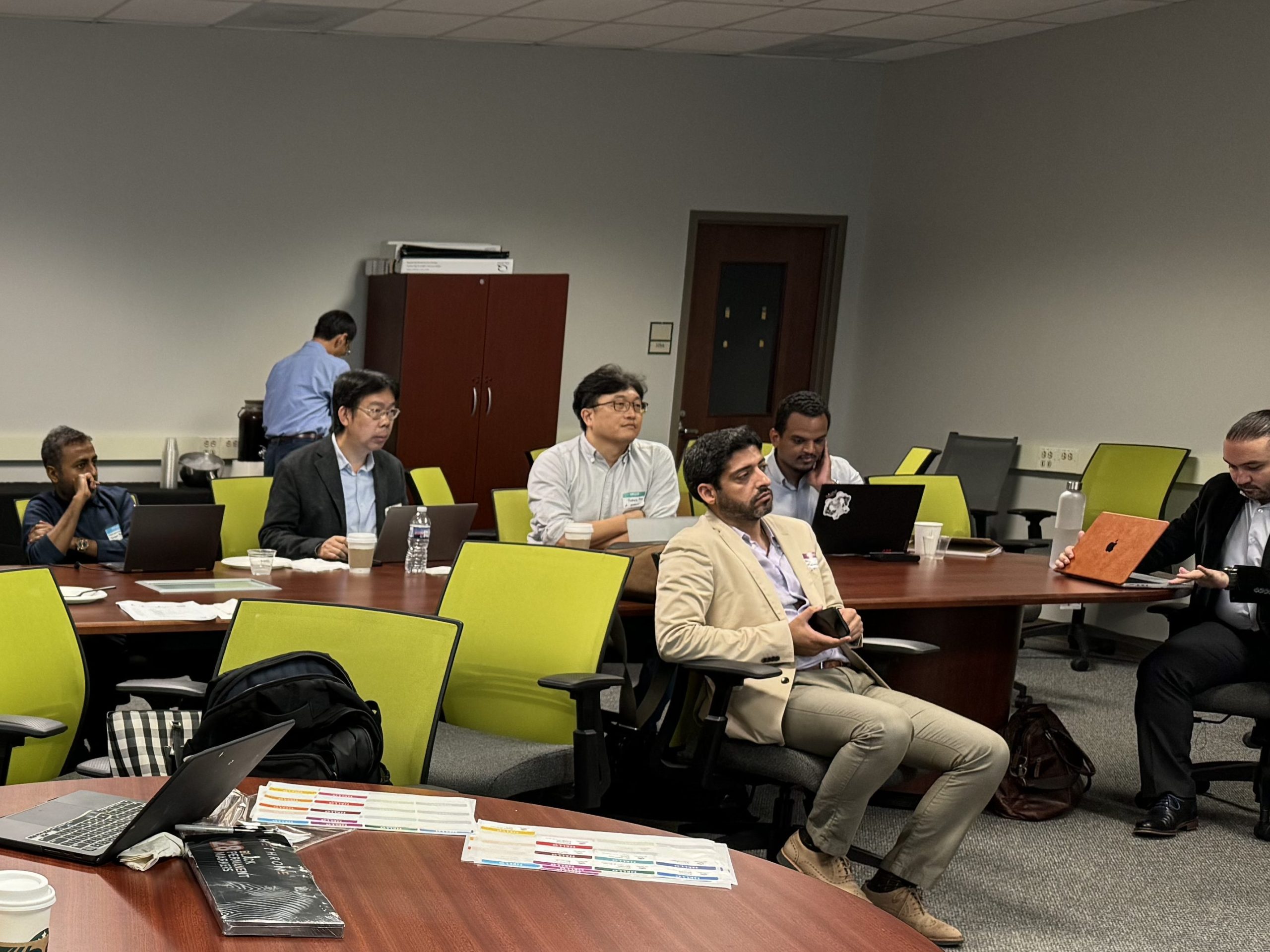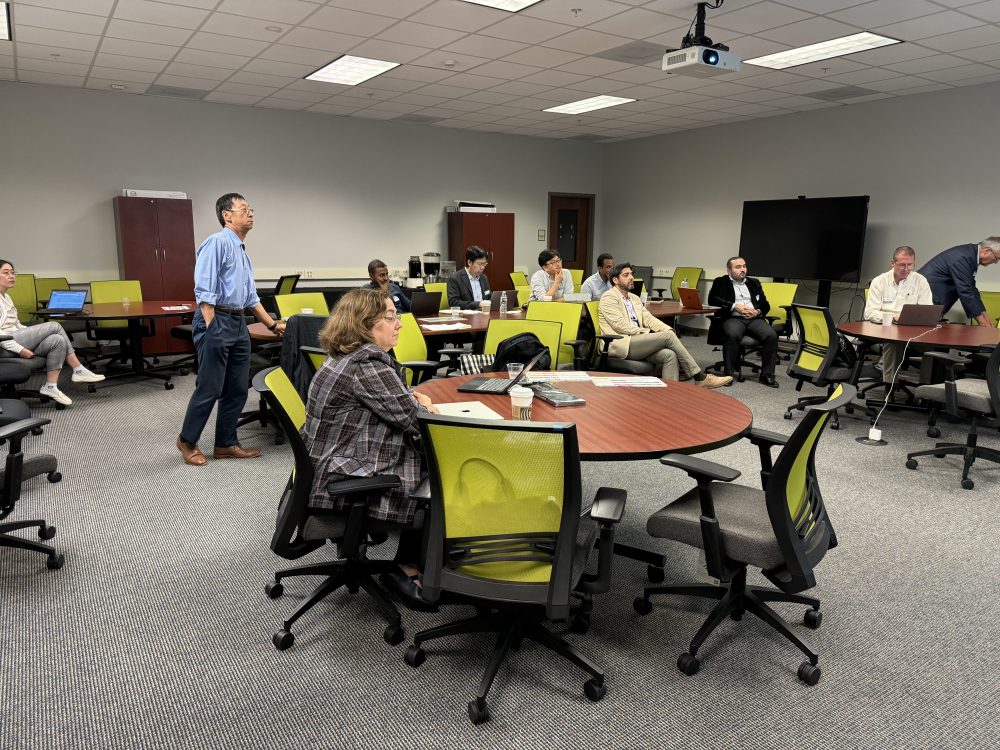CESAR Hosts Team-Building Workshop on Grid Energy Security and Future Infrastructure

Charlotte, NC: The Center for Energy Security and Reliability (CESAR) recently held a dynamic team-building workshop focused on grid energy security and the future of energy infrastructure. Led by Dr. Meera Sridhar, Director of CESAR, the event featured prominent experts from academia and industry who shared insights on critical energy issues.
Key participants included Dr. Robert Cox, Associate Director of EPIC, and Rick Hudson, Senior Project Manager at CESAR. Presenters addressed various topics ranging from grid transitions to cybersecurity and sustainable energy solutions.
Dr. Badrul Chowdhury, Professor at EPIC, opened discussions with his vision for a sustainable power grid through the Power and Energy Center initiative. Dr. Miao Wang’s presentation on “Vehicular Electrification and Intelligentization in Future Smart Cities” emphasized the role of electric vehicles in securing future energy grids. Dr. Cori Faklaris explored “Security + Privacy UX at the Grid Edge,” focusing on integrating security with user experience in energy systems.
Dr. Mohammad Ashiqur Rahman from Florida International University delivered a session on “Control-aware Noninvasive Security Analytics for Intelligent Systems,” highlighting innovative cybersecurity measures for intelligent grid operations. Dr. Mert Korkali, from the University of Missouri, discussed “Management of Uncertainty and Risk for Power Grid Operation and Planning,” stressing the importance of managing risks to ensure grid resilience.
UNC Charlotte’s Dr. Jinpeng Wei introduced a cutting-edge “Cyber Attack Orchestration Testbed for Automation and Threat Monitoring in Virtual Environments,” showcasing the latest advancements in defending energy infrastructure from cyber threats.
The workshop fostered collaboration among experts and laid the groundwork for future initiatives aimed at enhancing the security, resilience, and sustainability of the power grid. It served as a platform for exchanging ideas that will shape the next generation of energy infrastructure solutions.


